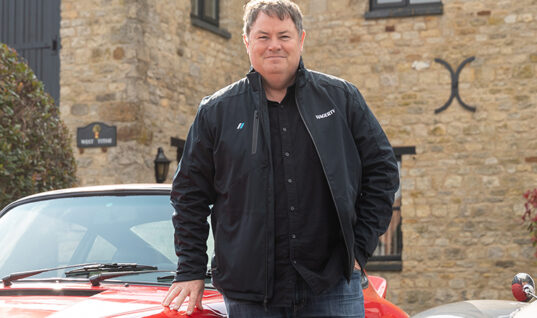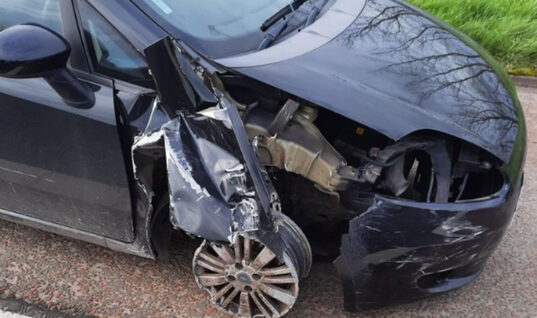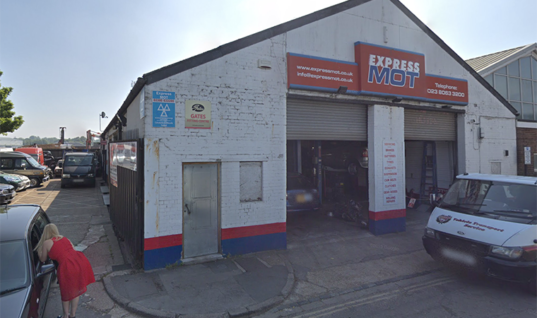Transport Secretary Grant Shapps has spoke out to reassure motorists that the government is not wanting to “demonise” drivers following the Prime Minister’s announcement last year which confirmed that the ban on the sale of new petrol and diesel cars will be enforced from 2030.
The Transport Decarbonisation Plan , which was unveiled in November 2020, aims to cut transport pollution to help the UK reach net zero carbon emissions by 2050.
Speaking in the House of Commons, Grant Shapps said: “We want people to have access to cars and indeed in rural areas it is often the only way that people have got to get around, despite obviously wanting to improve bus services and the rest of it.
“We intend to carry on investment but to make sure that the cars can run without damaging people’s health and the environment, and that makes sense.”
The Transport Secretary was challenged in Parliament over the plans to ban the sale of petrol cars by 2030.
Former Conservative MP for Chipping Barnet, Theresa Villiers, asked: “Will the Secretary of State agree with me that to tackle climate change we need to decarbonise cars, vans and taxis and not demonise cars, vans and taxis?”
Opinion: Gearing up your workshop for EVs isn’t as hard as you’d think
Petrol and diesel car ban explained
The sales ban of all new petrol and diesel cars is to be brought forward to 2030, the Prime Minister has said.
The ban on petrol and diesel models is now an entire decade ahead of the initial 2040 enforcement date first ushered by the government.
New hybrid and plug-in hybrid cars that can “drive a significant distance without emitting carbon” can continue to be sold until 2035, at which point they too will be banned.
Second-hand cars are unaffected by the ban.
Diesel lorries are now also set to be affected with a ban on their sale coming in 2040.
Related: Gov to ban newly approved GB number plates and urges switch to ‘UK’ plates
It followed earlier warning from MPs that the government must do more to overcome the ‘huge challenge’ of banning the sale of new petrol and diesel cars by its 2030 deadline.
The House of Commons Public Accounts Committee (PAC), which examines the value-for-money of government projects, said more thought needs to be put into the price of new electric cars, their availability on the used market, the accessibility of public charging and the effect of their production on carbon emissions.
The PAC’s report calls on the government to set out its plans for managing the “complex transition” to electric cars.








Home Page › Forums › Government isn’t ‘anti-car’, Transport Secretary insists